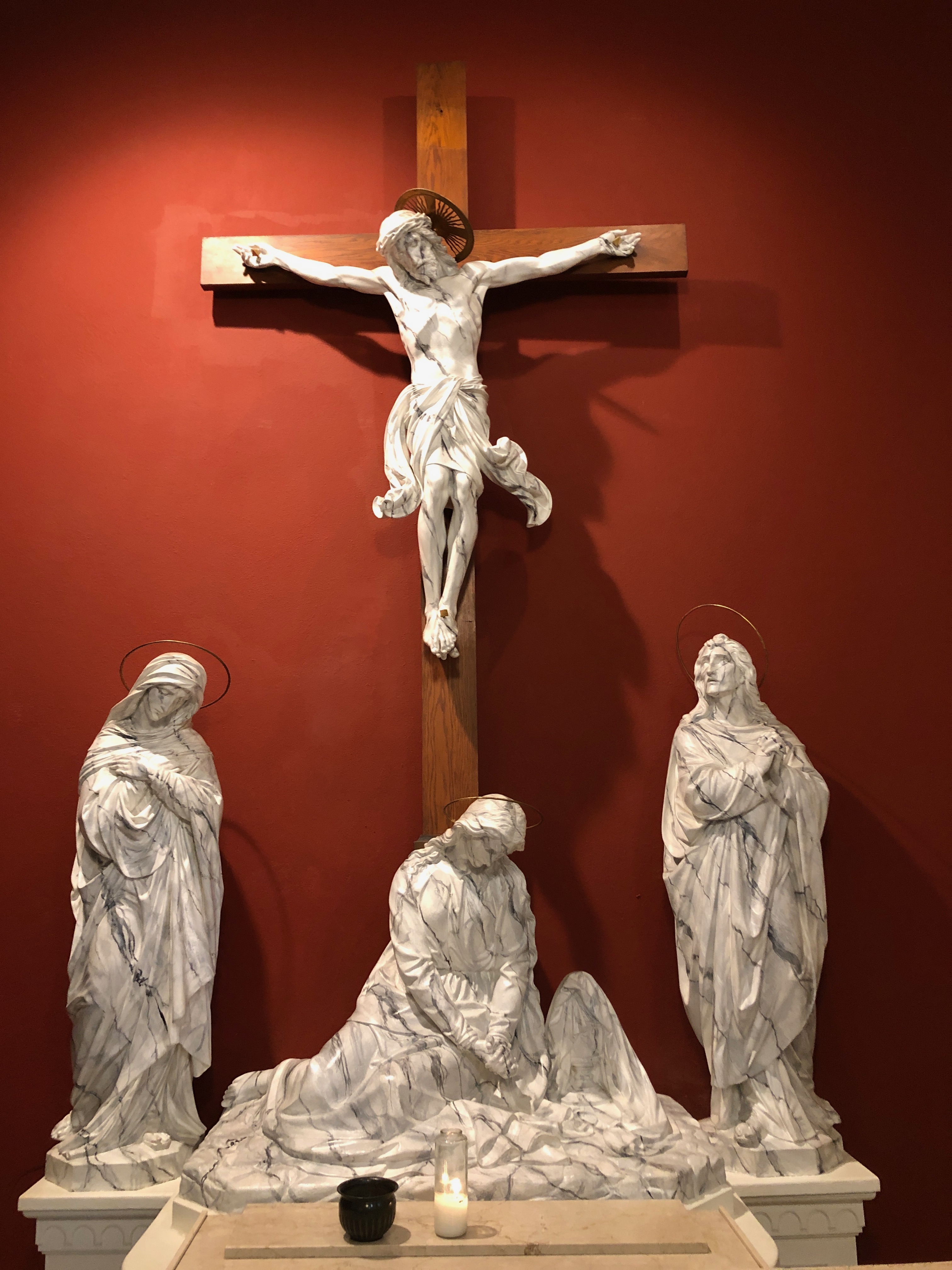These reflections are a result of more than 40 years of ministry as a Roman Catholic priest. Most of these years I spent in the Diocese of Charlotte which covers Western North Carolina. Now I am retired, and live in Medellín, Colombia where I continue to serve as a priest in the Archdiocese of Medellín.

Thus says the LORD:
Lo, I am about to create new heavens
and a new earth;
The things of the past shall not be remembered
or come to mind.
Instead, there shall always be rejoicing and happiness
in what I create.
(Is 65:17-21)
New heavens, new earth, new us! That’s the Easter that never ends!

For by grace you have been saved through faith,
and this is not from you; it is the gift of God;
it is not from works, so no one may boast.
For we are God's work of art, created in Christ Jesus for the good works
that God has prepared in advance,
that we should live in them.
(Eph 2:4-10)
We are God’s work of art! We are not junk. We are made in God's image and likeness. Sometimes we really need this reminder!!!

Responsorial Psalm
R. It is mercy I desire, and not sacrifice.
(Hosea 6:6)
We love sacrifices . . . as long as others are doing the sacrificing. We never sacrifice ourselves or our interests.

One of the scribes came to Jesus and asked him,
“Which is the first of all the commandments?”
Jesus replied, “The first is this:
You shall love the Lord your God with all your heart,
with all your soul,
with all your mind,
and with all your strength.
The second is this:
You shall love your neighbor as yourself.
There is no other commandment greater than these.”
And no one dared to ask him any more questions.
(Mk 12:28-34)
Asking ourselves WWJD? (What Would Jesus Do?) is one thing, but asking the Lord what we should do . . . well, that can be dangerous business, because we always get more than we bargained for. Loving God is a cinch . . . we get all religious building grand churches and shrines and saying all the right prayers. But then Jesus adds, Love your neighbor. And the Scriptures add, “And no one dared to ask him any more questions.”

Say to them:
This is the nation that does not listen
to the voice of the LORD, its God,
or take correction.
Faithfulness has disappeared;
the word itself is banished from their speech.
(Jer 7:23-28)
If God calls you to do something for God in this world, you would think that it wouldn’t be a mission in vain. Sometimes we have to be faithful to what God has called us to, even though no one is listening.



